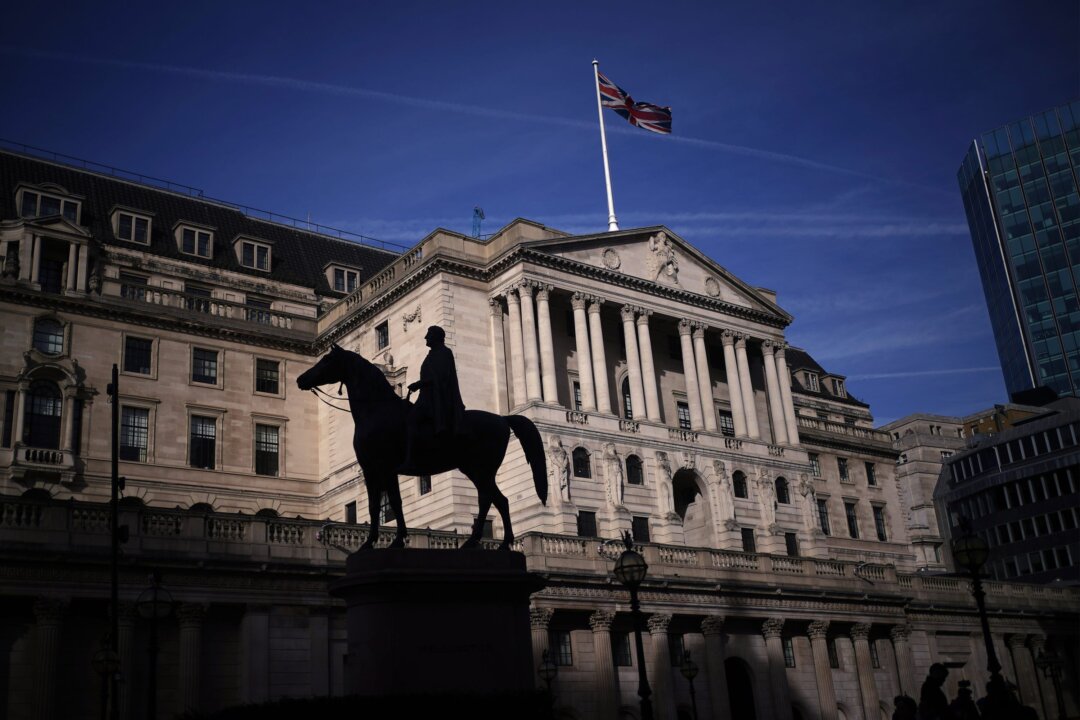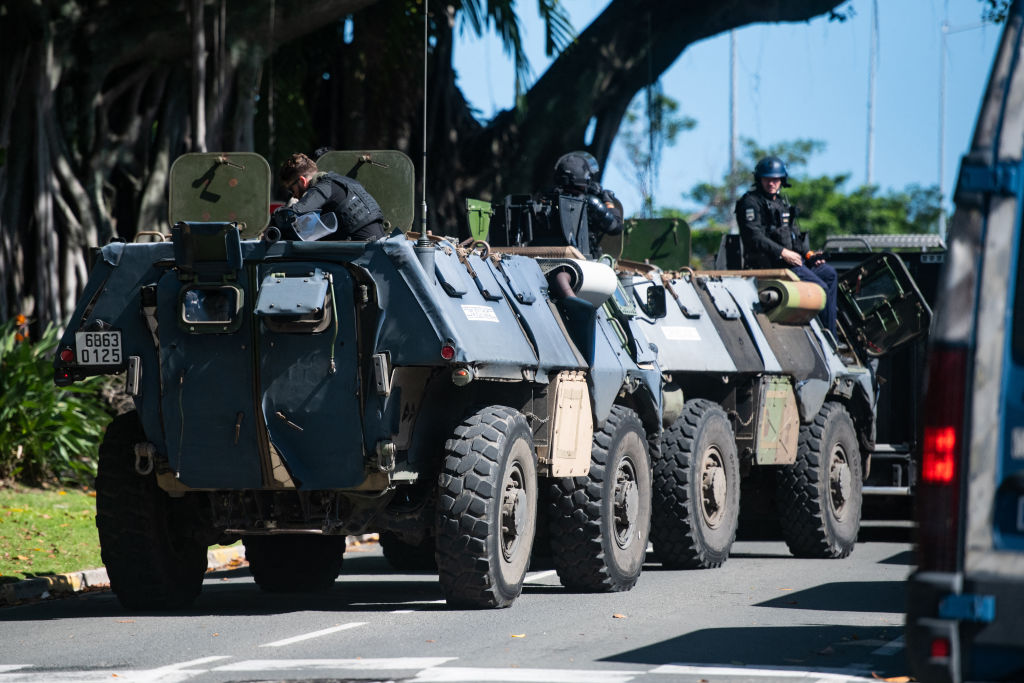Attorney-General Mark Dreyfus emphasised that billions of dollars of illicit funds are generated from illegal activities every year.
The Australian government is allocating $166.4 million (US$110 million) of budget funding to improve the country’s anti-money laundering and counter-terrorism financing (AML/CTF) scheme.
Australia has been seemingly charting its course toward becoming a sanctuary for financial crime as it continues failing to safeguard its citizens from the adverse impacts of money laundering for nearly a decade.
The budget will allow the Australian Transaction Reports and Analysis Centre (AUSTRAC) to deliver comprehensive education and guidance to help businesses and entities, especially newly regulated ones.
AUSTRAC is tasked with constraining illegal financial activities and enforcing tranche-two entities—lawyers, accountants, real estate agents, trust and company service providers, and precious metals and stones dealers—to perform their due diligence on reporting suspicious transactions.
Australia is one of the only five jurisdictions out of more than 200 in the Financial Action Task Force (FATF) Global Network that did not regulate tranche-two entities, alongside China, Haiti, Madagascar, and the United States.
This puts Australia in jeopardy of being “grey-listed” by the FATF, which could significantly endanger the national economy.
“Each year, billions of dollars of illicit funds are generated from illegal activities such as drug trafficking, tax evasion, people smuggling, cybercrime, arms trafficking, and other illegal and corrupt practices,” Attorney-General Mark Dreyfus says.
Mr. Dreyfus views the reforms as crucial in helping law enforcement combat “trans-national, serious, and organised crime” while protecting Australians.
Coinciding with the reform initiatives, the federal government has also committed to advancing to the next consultation stage regarding the AML/CTF reforms.
AUSTRAC deems real estate money laundering a significant issue affecting Australia’s overheated housing market, as stated in a 2015 strategic analysis brief.
“Compared to other methods, money laundering through real estate—both residential and commercial—can be relatively uncomplicated, requiring little planning or expertise,” AUSTRAC explained. “Large sums of illicit funds can be concealed and integrated into the legitimate economy through real estate.”
In February 2023, the Australian Federal Police (AFP) dismantled a $10 billion Chinese-Australian money laundering syndicate and confiscated $150 million worth of properties and assets. In 2021 and 2022, real estate comprised over half of the value of assets seized by the AFP.
Last April, AUSTRAC issued eight infringement notices to businesses and sole traders across a wide range of industry sectors including pubs and clubs, non-bank lenders, bookmakers, financial services providers and trustees, for failing to report as required by the AML/CTF Act.
The businesses received initial infringement notices ranging from $3,300 for sole traders to $16,500 for companies for each contravention.
“Criminals and terrorists target businesses with weak anti-money laundering and counter-terrorism financing settings, which is why continued industry engagement is crucial,” AUSTRAC CEO Brendan Thomas said.
“The annual compliance report helps AUSTRAC assess whether financial services providers are complying with our laws and identify problem areas that may lead to vulnerabilities in Australia’s financial system.”
Meanwhile, Mr. Dreyfus criticised previous government officials for failing to meet necessary standards that could fight against criminal abuse of the nation’s financial system.
The Morrison-Joyce government was scrutinised for not taking money laundering and financial crime seriously, which allegedly made the nation a laggard within the international community and an attractive destination for organised financial crime.














 English (US) ·
English (US) ·  Turkish (TR) ·
Turkish (TR) ·